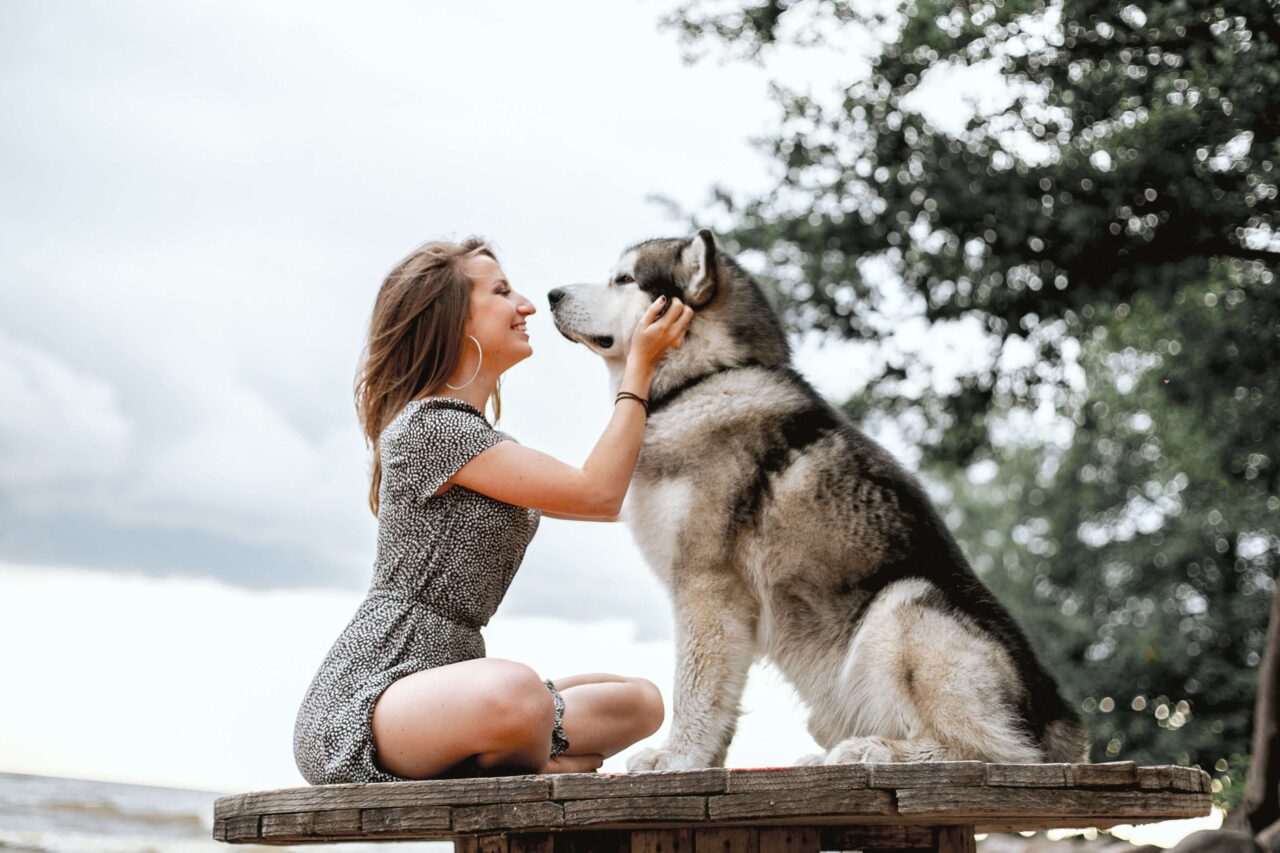
How to Train a Therapy Dog: Requirements You Need to Know
Key Takeaways
-
Therapy dogs provide comfort to people in hospitals, schools, and other facilities, unlike service dogs, which assist individuals with disabilities under the ADA.
-
Any breed can become a therapy dog, as long as they’re at least 1 year old, healthy, and have up-to-date vaccinations.
-
Early socialization and training help shape a well-behaved therapy dog—start young for the best results.
-
Passing the AKC Canine Good Citizen test is often required for certification, proving your dog has basic obedience and a calm temperament.
-
Certification through organizations like Therapy Dogs International (TDI) involves a temperament test and supervised visits before full approval.
-
After certification, completing 50 documented visits earns an official AKC therapy dog title, opening more opportunities.
In America, there are over 50,000 therapy dogs. These animals provide lots of comfort and support for people in distress, and you may be thinking of helping people in need out. Are you wondering about the details on how to train a therapy dog? In this article, we'll discuss how to train your dog and what you need to get the proper certifications.
Difference Between a Service Dog and Therapy Dog
First of all, let's make sure we're on the same page. You may think "service dog" and "therapy dog" are synonymous, but they're in fact, two different things. Let's explore the differences below.
Service Dog
A service dog helps people who fall under the Americans with Disabilities Act (ADA). They are trained to notice certain health issues, such as seizures. They can also assist disabled individuals to reach items, open doors and cabinets, be aware of people around them (such as if they are deaf or blind), and help people with mental health problems.
These dogs are under the ADA, so they have full public access rights. While normal pet dogs can't go to these places, service dogs can. Service dogs are allowed in public spaces such as restaurants, libraries, stores, and even on public transportation. Also, landlords cannot forbid the possession of a service dog, even if normal pets aren't allowed for other tenants. Service dogs usually stay with one owner for their life, as they'll need help throughout the rest of the years with their disabilities.
Therapy Dog
Therapy dogs are trained to give affection and comfort to people who need support. Unlike service dogs, therapy dogs don't fall under the ADA, which means owners and handlers don't have the same rights. For example, if you train your dog to be a therapy dog, you may not be entitled to legally keeping it at your apartment if your landlord doesn't allow it in your contract.
You can bring them to some public places (such as a medical facility, hospitals, schools, and libraries), but you'll have to make sure you have the proper certification, registration, and even insurance to do so. Therapy dogs don't have one specific "handler"; instead, they travel and visit different establishments to help a wide variety of people. Now that you know the difference between these types of dogs, let's see what the requirements are for your dog to become a therapy dog.
Therapy Dog Requirements
There are actually no requirements for age (besides being at least 1 year old) or breed. So as long as your pup is over 1 years old, then there's a good chance that they can become a therapy dog, regardless of their breed. That way, if there's anything amiss, you can get it taken care of so your dog stays strong and healthy. Also, they'll need up-to-date vaccinations, so make sure they're all caught up before sending in your application.
Start Them Young
If possible, you should start training your dog while they're young. Not only will this ensure that they're well-behaved from a young age, but it'll also get them used to being around other people and animals.

future therapy dogs?
Do the American Kennel Club's Canine Good Citizen Test
A great way to train a therapy dog is to go through the AKC's Canine Good Citizen test. Many organizations require a pass from this test for certification, so you might as well start off with it to get a head start. Plus, it gives you a good idea of whether or not your dog has basic obedience. You can either go through this test on your own or you can look for local organizations that offer this class. Parts of the test include:
- How your dog receives a friendly stranger
- If they allow strangers to pet them
- How easily they allow strangers to check them
- Ability to walk on a leash
- Ability to walk through a crowd with good behavior
- Ability to follow basic commands
If your dog is able to do all these things with flying colors, then they're well on their way to becoming a therapy dog. Did your pooch not pass the Canine Good Citizen test? Then you can try the AKC STAR Puppy Program.
The Certification Test
So your dog is healthy and you feel like they're a great candidate as a therapy dog. The next step is to get in touch with an organization that gives out certifications. One good one to turn to is Therapy Dogs International (TDI). They'll require your dog to have passed the AKC's Canine Good Citizen test. The TDI will then assess your dog for their temperament and handling, and will determine whether or not they'd make a good therapy dog. If your dog is affectionate and well-behaved, then chances are, you'll get the certification for your pet to become a therapy dog.
What Happens Afterward
If your dog gets their certification, the first few visits will be supervised by their organization. When they see how well your dog does, they'll give you the go-ahead to make visits on your own. To get an actual therapy dog certification from the AKC, you'll need to complete 50 visits. Make sure you keep detailed records and get staff signatures. Once you receive an AKC certification, you and your pooch will have way more opportunities to attend events, and you may get an invitation to join local therapy dog teams.




























